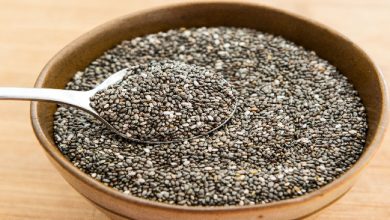World Heart Day: Tips to Promote Heart Health Through Salt Intake Awareness

Excessive salt consumption poses significant risks to heart health, leading to conditions like high blood pressure, heart disease, and stroke. While salt is essential, most individuals consume far more than the recommended daily limit of 5-6 grams. The main challenge lies in hidden salts present in processed foods and restaurant meals. To reduce salt intake, individuals can adopt practical strategies:
1. Read labels: When shopping, check food labels for sodium content. Opt for products labelled “low sodium” or “no added salt” and make comparisons per 100 grams for accurate assessment.
2. Cook at home: Preparing meals at home allows control over ingredients and salt content. Experiment with herbs and spices for flavor enhancement without excessive salt use. When dining out, request meals with reduced salt; most chefs are accommodating.
3. Limit processed foods: Canned soups, sauces, and ready-to-eat meals are high in salt. Choose fresh, whole ingredients, and rinse canned items before use to remove excess salt.
4. Choose healthier alternatives: Opt for fresh snacks like vegetables with hummus or fruits instead of salty treats. Incorporating fresh herbs such as basil and rosemary adds flavor, reducing the need for salt.
5. Reduce fast food: Fast food often contains high salt levels. Consume it occasionally and plan meals and snacks ahead to avoid unhealthy, high-sodium options.
6. Embrace a flavor revolution: Lowering salt intake doesn’t mean sacrificing taste. Experiment with herbs, spices, and citrus fruits to enhance your meals without compromising on flavor. Finding unique seasoning combinations can enhance your culinary experience while promoting heart health.






